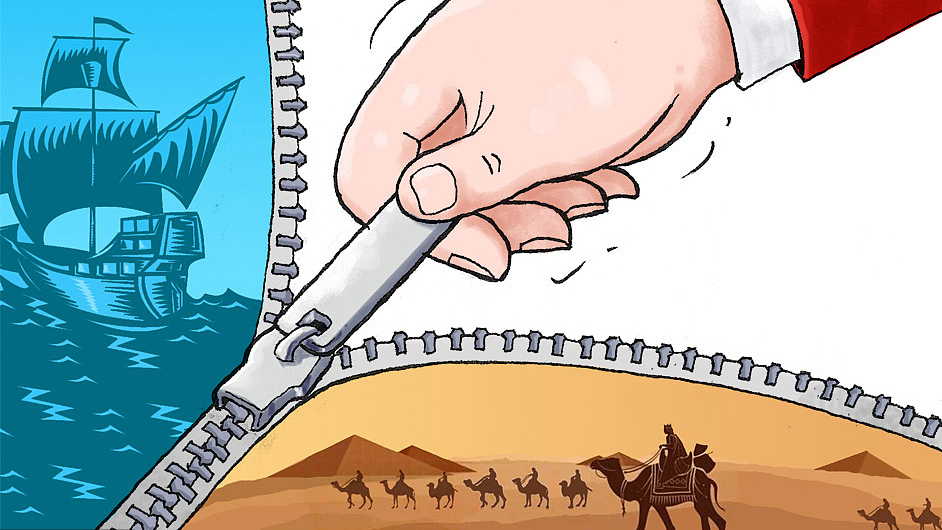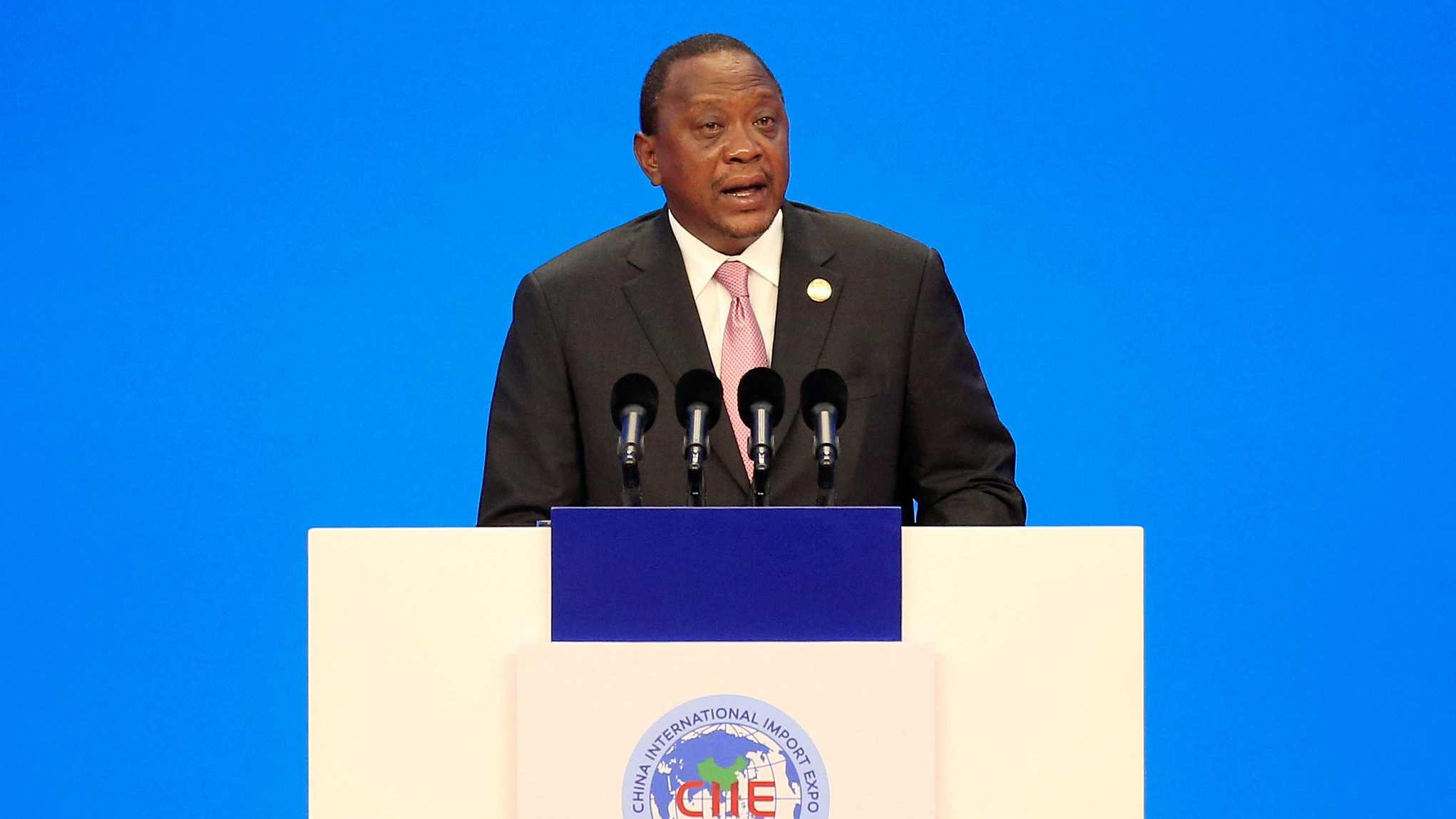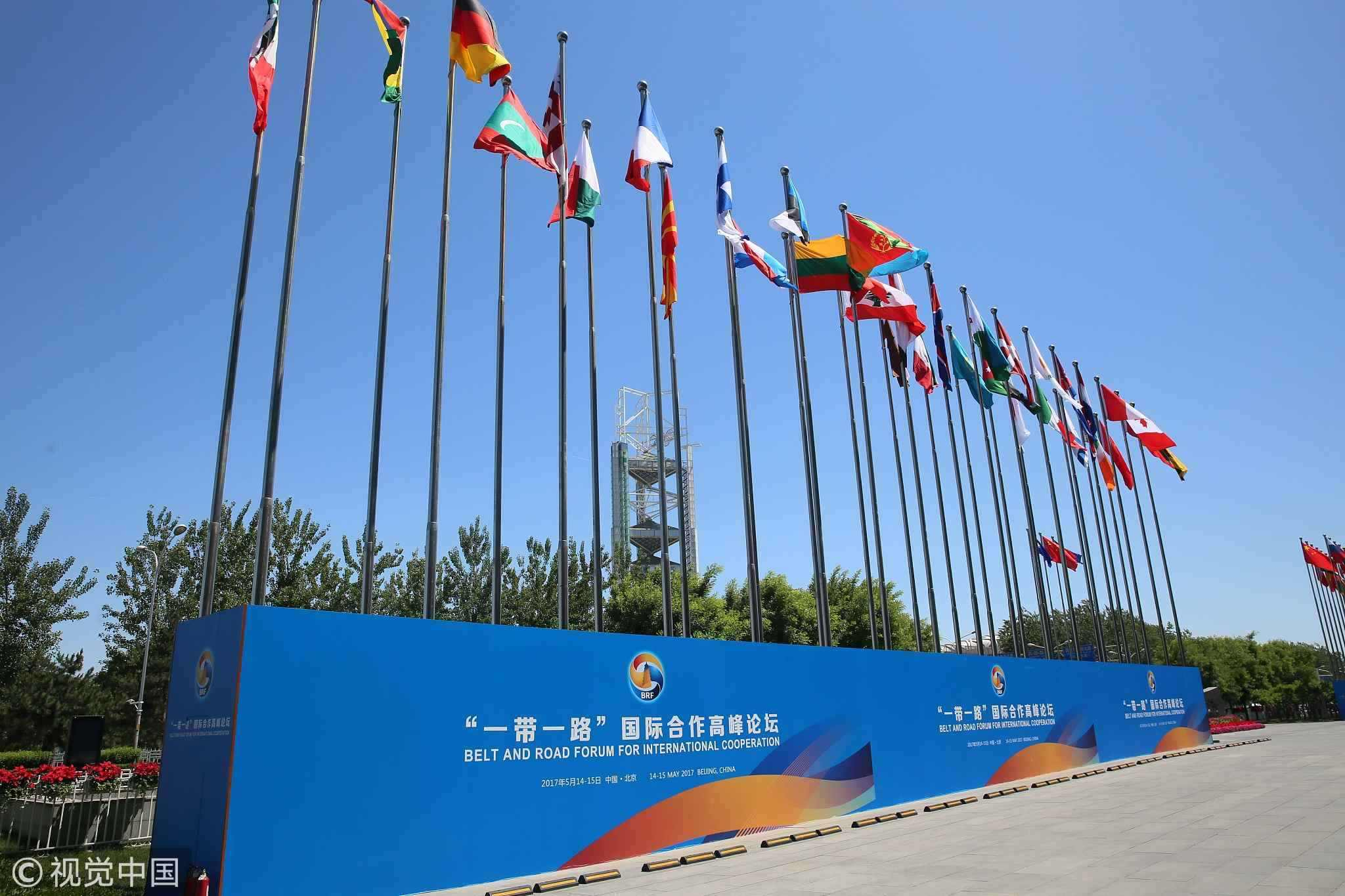
Opinion
18:12, 15-Apr-2019
Kenya remains a key ally to China's BRI implementation in Africa
Victor Onyango

Editor's note: Victor Onyango is a journalist with Nation Media Group (Daily Nation) and is currently attending the China Africa Press Center 2019 program in Beijing. The article reflects the author's opinion and not necessarily the views of CGTN.
As the world gears up for the Second Belt and Road Forum for International Cooperation in Beijing in late April, Kenya should use that opportunity to tell the world why Belt and Road Initiative (BRI) is not a debt trap.
China's BRI has played a very vital role in Kenya's economy after the construction of 3.2 billion U.S. dollars Mombasa-Nairobi railway, also known as the Standard Gauge Railway (SGR) in Kenya.
For China to easily convince other African countries like South Africa which is still in a dilemma, Kenya will have to explain how the construction of the railway has impacted its economy and how it repays this loan. If this is done, Beijing will not have hard time bringing other countries on board.
Kenya remains a time tester to many African countries who have been reluctant in joining the initiative. To me, Kenya was the best choice China made and other African states need to take bold steps toward realization of the BRI if indeed they want to have infrastructural development, which will be a key to industrialization.
Construction of the 470km Mombasa-Nairobi railway from the coast of Kenya to the country's capital city, Nairobi, under BRI is not only a big moment for the country but a game changer because it has boosted commercial connectivity and trade in East Africa, simply because it is the biggest infrastructure in the region since Kenya's independence.

Kenyan President Uhuru Kenyatta speaks at the opening ceremony of the first China International Import Expo in Shanghai, China, November 5, 2018. /VCG Photo
Kenyan President Uhuru Kenyatta speaks at the opening ceremony of the first China International Import Expo in Shanghai, China, November 5, 2018. /VCG Photo
Last week, Kenyan Ambassador to China Sarah Serem downplayed fears that BRI was detrimental to the country's economy arguing that the railway construction has seen the country receive many investors that have helped improve its economy.
“On the issue of debt trap, it all depends on how you model your facilities. What will the road or railway do? It is like walking into a bank like Kenya Commercial Bank to seek a loan. If you use it wisely, it will bring many fruits and that is the concept of BRI. As a government, we invest in areas that boost our economy,” said the ambassador.
Having BRI at the center of the Sino-African cooperation, China remains number one trading partner accounting for 17 percent of Kenya's trade with the world in 2017.
However, in March 2019, a U.S. Defence Department think tank claimed that BRI has no transparency hence no public scrutiny which can land Kenya into its assets being controlled by China in case of a default.
In my view, Western countries should not forget that Kenya and other countries are sovereign countries and they have sole responsibility for development aids which can improve their economy.

The first Belt and Road Forum for International Cooperation was held in Beijing in May 2017. /VCG Photo
The first Belt and Road Forum for International Cooperation was held in Beijing in May 2017. /VCG Photo
China's resounding economic entry in Africa should not be depicted as an extension of Beijing's geopolitical influences or be insinuated that African economies are in threat of malevolent Chinese investment strategies and a flood of cheap manufactured goods. Instead, critics should know that the Sino-Kenya relationship has become a win-win cooperation guided by the principle of deep consultations with the aim of building a community with a shared future for mankind.
The attackers of the SGR under the BRI should not lie to the world that increased imports from China have harmed the Kenyan economy. This assertion remains a Western mentality because Kenya's manufacturing output has risen and become more diversified while imports from China have been rising to record levels.
They should come to the reality that since Kenya signed the Memorandum of Understanding with Beijing to implement the BRI, the country has continued to witness mushrooming of Chinese construction firms and they are not harmful to Kenyan interests. In fact, these firms are one of the sources of employment for many Kenyan youths.
Through the BRI, China has demonstrated that it is willing to share its resources with other countries for achieving global economic growth as prescribed under the United Nations Sustainable Development Goals and Kenya should not be cowed by numerous U.S. warnings over diverting its allegiance to China.
As I conclude, Kenya needs to manage carefully its bilateral and multilateral relationship with China for a long term because an attempt to be distracted by the American unilateralism and protectionism to limit its deepened cooperation with China might harm its economy.
And this means that during the second BRI forum, Kenya should tell not only African countries but also the world how its economy has improved and confirm that the BRI is not a debt trap.
(If you want to contribute and have specific expertise, please contact us at opinion@cgtn.com)

SITEMAP
Copyright © 2018 CGTN. Beijing ICP prepared NO.16065310-3
Copyright © 2018 CGTN. Beijing ICP prepared NO.16065310-3